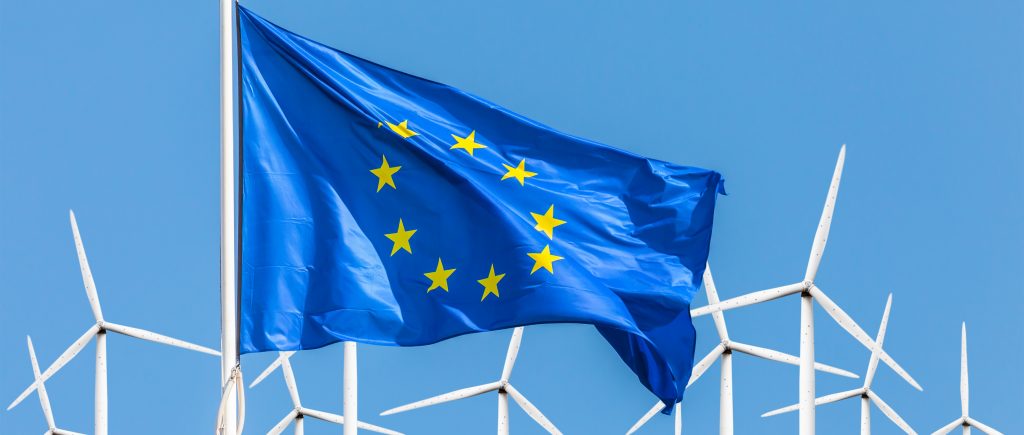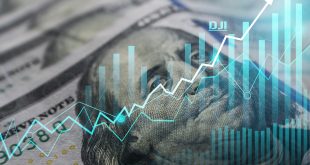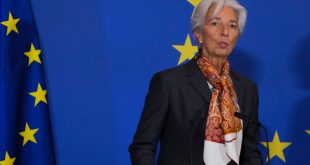European equity indices edged higher on Tuesday, lifted by a surprise rate cut in China and renewed optimism surrounding a potential ceasefire in Ukraine, injecting a sense of optimism into global financial markets.
By 03:05 ET (07:05 GMT), the DAX in Germany rose 0.2%, France’s CAC 40 gained 0.2%, and the U.K.’s FTSE 100 added 0.3%, following a strong lead from Asia.
China and Australia Ease Policy
Markets welcomed the People’s Bank of China’s move to cut its benchmark loan prime rate to record lows, signaling a stronger commitment from Beijing to support its slowing economy. The rate cut not only aims to stabilize domestic conditions but also holds global implications, given China’s role as a key export market for many European multinationals.
Adding to the global dovish shift, the Reserve Bank of Australia also lowered its benchmark rate, citing heightened risks to the domestic economy stemming from global trade uncertainties.
Attention now shifts to the European Central Bank, which meets in June. With inflation continuing to ease—underscored by a 0.9% annual drop in Germany’s April producer prices—investors are betting on another rate cut. The ECB has already lowered rates seven times over the past year in a bid to revive stagnant growth.
Ukraine Peace Talks Offer Geopolitical Relief
Markets also responded positively to growing signs of diplomatic progress in the Ukraine-Russia conflict. Ukrainian President Volodymyr Zelenskiy announced that high-level talks involving Russia, Ukraine, the U.S., the EU, and the U.K. are under consideration. This comes on the heels of a phone call between U.S. President Donald Trump and Russian President Vladimir Putin, in which both sides reportedly agreed to resume negotiations immediately.
Although previous attempts at brokering peace, including last week’s talks in Istanbul, failed to yield a ceasefire, the renewed momentum offers hope for a resolution to the three-year conflict—one that has weighed heavily on European sentiment and energy markets.
Trade Talks and Tariff Watch
While the U.S. and China have agreed to a 90-day truce in their trade dispute, investors remain focused on upcoming trade negotiations. Talks between Japan and the U.S. are expected later this week, while the European Union has accelerated its own discussions with Washington in hopes of softening the impact of President Trump’s upcoming reciprocal tariffs, set to resume in early July.
Any positive developments on this front could further support equities, especially those reliant on global trade and export flows.
Corporate Highlights: Swiss Life, Vodafone, Greggs
On the earnings front, Swiss Life reported strong first-quarter growth, driven by higher premiums and fee income as the insurer expanded across core European markets.
Vodafone, meanwhile, maintained a cautious tone, projecting flat profits for the fiscal year as it works to revamp its underperforming German division.
British bakery chain Greggs posted a solid sales increase for the first 20 weeks of the year, noting improved trading conditions in the most recent quarter.
Oil Steady as Iran, Ukraine Developments Weigh
Crude oil prices held steady, with Brent up 0.1% at $65.54 a barrel and WTI also gaining 0.1% to $62.21 a barrel. Prices were underpinned by geopolitical dynamics, including fading hopes for a near-term U.S.-Iran nuclear deal and the potential for a Ukraine ceasefire.
Iran’s insistence that its uranium enrichment program is “absolutely non-negotiable” has emerged as a sticking point in talks with Washington. A breakthrough could unleash additional Iranian oil into global markets, adding to supply-side pressure.
Meanwhile, the potential for peace in Ukraine introduces another wildcard for energy markets, which have been highly sensitive to geopolitical headlines.
With central banks easing policy and geopolitical tensions showing tentative signs of resolution, European markets appear cautiously optimistic, though trade dynamics and inflation data will remain critical drivers in the weeks ahead.
 Noor Trends News, Technical Analysis, Educational Tools and Recommendations
Noor Trends News, Technical Analysis, Educational Tools and Recommendations





